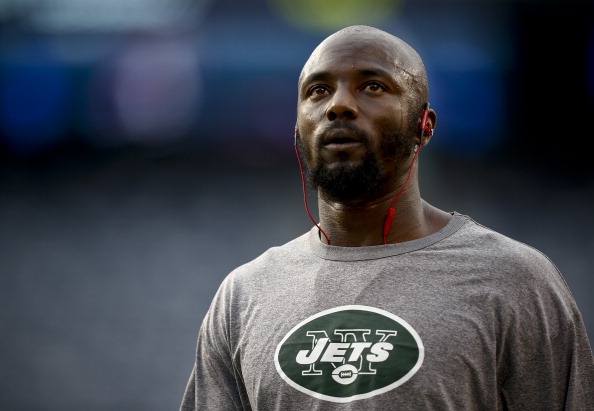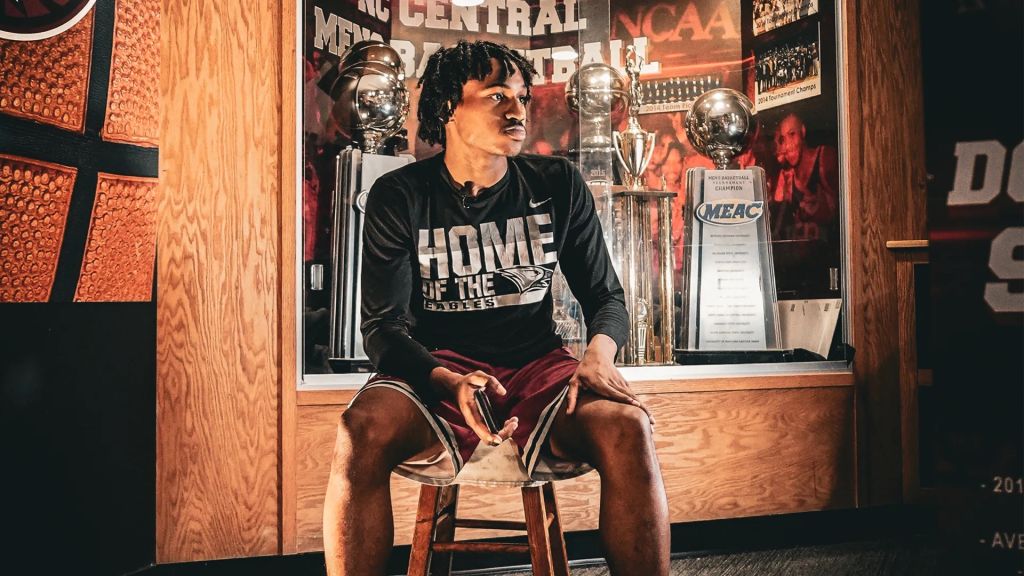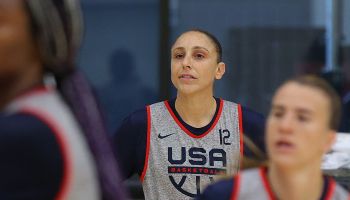
Source: Jeff Zelevansky / Getty
Former Pittsburgh Steelers star Santonio Holmes spent time with CASSIUSLife to talk about his work with St. Jude Children’s Research Hospital in the fight against sickle cell disease.
As a star receiver with the Pittsburgh Steelers, winning Super Bowl XLIII and being the MVP, Santonio Holmes has been a standout on the field. Now, he’s doing the same as a firm and fervent advocate in the fight against sickle cell disease, teaming up with St. Jude Children’s Research Hospital in their efforts.
According to data, the trait that leads to the disease currently affects 300 million people worldwide and 1 to 3 million in the U.S. Of that number, 100,000 are currently afflicted with sickle cell disease. Black Americans are the most afflicted, with 1 in 12 babies being born with the trait and sickle cell disease occurring in 1 out of every 365 births.
Cassius got to speak exclusively with Holmes after World Sickle Cell Awareness Day, which is on June 19 annually. He talked freely about his personal connection to the disease through his eldest son being treated for sickle cell disease at another facility before learning of St. Jude and the journey of his work with them through his own charitable foundation, Third and Long.
CASSIUSLife: How did you become a strong supporter of St. Jude Children’s Research Hospital and their efforts? How did that come to pass?
Santonio Holmes: To be quite honest, it took some time. I went to visit St. Jude a few times, once with my son, once on my bill. And I wanted to spread the word about the work that they were doing for patients with sickle cell disease. I wanted people living with sickle cell disease to know that this great hospital was doing such great work for so many patients.
In working with St. Jude to raise awareness about sickle cell disease, how often do you encounter people who have little to no knowledge of the disease?
In my early days being an advocate for sickle cell awareness with my Third and Long Foundation, not very many people knew that I was a trait carrier in my family, just that I was a supporter. And knowing that my son had this condition at birth, I just wanted to become an advocate for everyone who did not have a voice for such a condition that was affecting so many lives. And we had no understanding of how it was affecting them.
I just wanted to become an advocate for everyone who did not have a voice for such a condition that was affecting so many lives.
I noticed that you’re an honorary co-chair for the upcoming St. Jude gala in Pittsburgh. Could you share a little bit more about that event and how the city of Pittsburgh has received the efforts of you and St. Jude?
I am super excited to be a part of the 16th annual Pittsburgh Gala. I’m just trying to spread the word for the work that St. Jude is doing and not knowing that this was happening in Pittsburgh for so many years, even though I was an advocate during my playing days there from 2006. I recently came to the understanding that this had been going on prior to my arrival in Pittsburgh. So I wanted to continue to support St. Jude’s and raising awareness for sickle cell disease in the cities that are touched, Pittsburgh being the main one where they’re watching us win the Super Bowl in 2009.
When I was a kid, I wanted to be remembered in the world.
I just wanted to continue giving back to our community. The fans, you know, are super, super great people. They go to tell their family, their various friends of St. Jude and these efforts that we are making together to make a difference in our community. It’s showing you the great work that great people do outside of their norm.
How much personal joy and satisfaction do you get — do you feel every time that you get the chance to advocate for those who have been afflicted by sickle cell disease and to advocate for St. Jude Children’s Research Hospital?
When I was a kid, I wanted to be remembered in the world. I didn’t know how, I didn’t know what I was doing. And when the opportunity came for me to become a Super Bowl MVP, I knew that I didn’t have the voice that I had before, and it was given to me as an opportunity to be a voice for so many others. But when I think about what it means to me, I feel gratitude that the people who don’t have a voice do. And to show that people in this world do care about them and that we want to make a difference for those who can’t hear them.
















